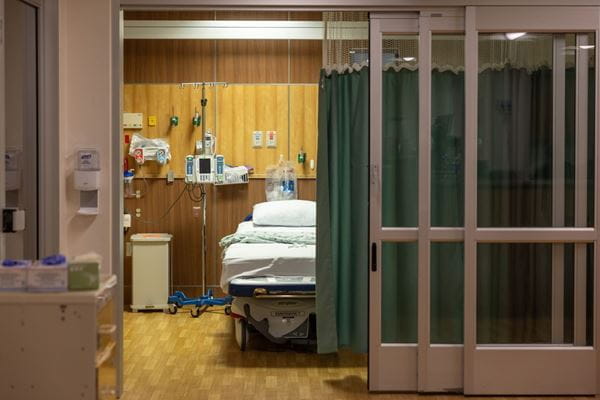
Emergency medicine physicians must be ready to take care of patients in any setting at any time. Across the country in small single coverage facilities, the emergency physician must be prepared to independently diagnose and stabilize a critically ill or injured patient without the benefit of specialist backup and prepare the patient for transport, possibly across hundreds of miles. Resources may be limited by personnel, specialty availability or even available medications. While the challenges of practicing emergency medicine in these settings are numerous, the reward is practicing in communities that are often deeply grateful for the opportunity to receive lifesaving care close to home.
Our faculty work across emergency department settings including IU Health Bedford and Paoli Hospitals, both single-covered smaller emergency departments in rural Indiana. These faculty will mentor you in your care provided in these settings and teach you how to thrive in the busiest critical access hospital in the state as well as a prototypical rural emergency department. Our residents will spend three emergency department blocks in these rural hospitals, one as a PGY-2 and two as a PGY-3. These experiences will transform your view of what emergency medicine can be to a community and provide a realistic view of practice in a rural hospital. Residents will gain additional comfort with the low-resource environment as residents consider employment options prior to graduation and be prepared to shine as team leaders in these crucial settings.
At our main campus in Bloomington, residents will have the opportunity to provide stabilizing treatment normally reserved for specialists in urban settings. The learning environment provides residents with ample hands-on opportunities to become comfortable with resuscitative and other procedures, including opportunities in orthopedics, an area often cited as lacking in emergency medicine graduates. Resident ownership of patient care will foster the development of clinical reasoning skills and the confidence necessary to care for every patient who presents no matter their complaint.
The leadership curriculum built into the didactic program will prepare graduates to become leaders in hospitals, helping to ensure the delivery of high-quality emergency care in the smallest of departments and health systems. You will learn how to manage the nuances of providing health care in these smaller sites and be prepared to step into leadership roles after graduation. These skills will be highly transferable regardless of your practice setting.